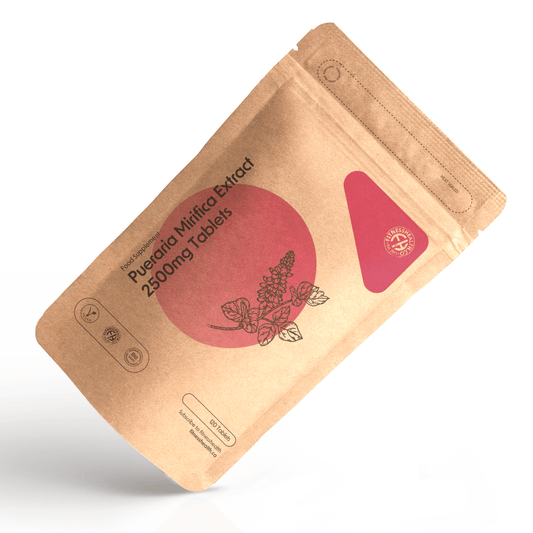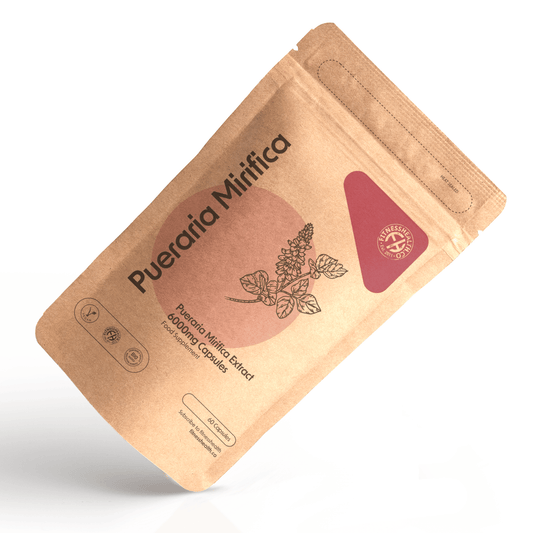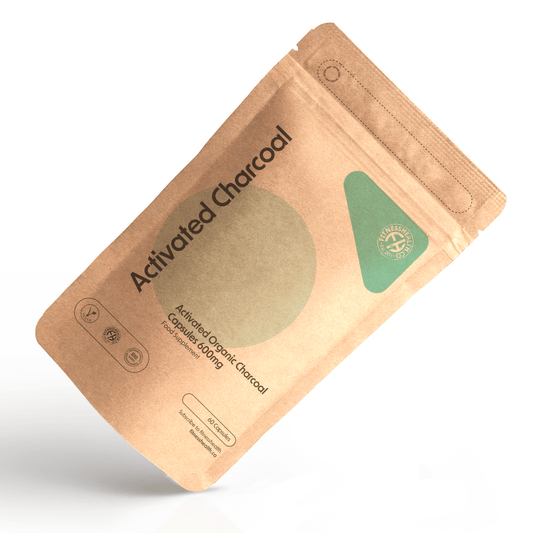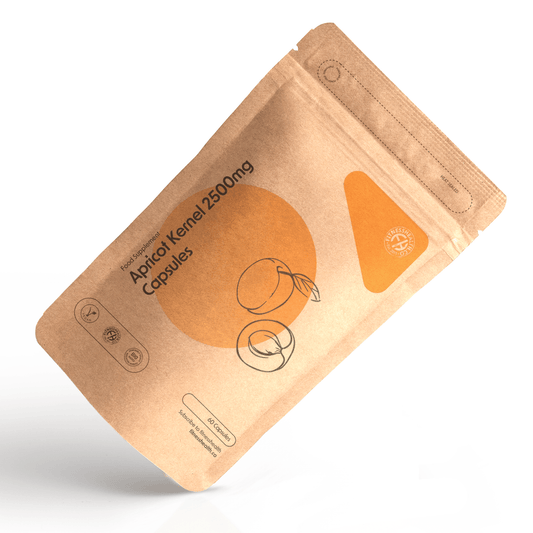
The half-marathon is a distinctive race distance that entails a mixture of endurance, speed, and strength. These features can be problematic to balance for the average runner. Therefore, running a half-marathon demands regularity with training, injury deterrence, and recovery. Certain steps should be taken following the completion of a half-marathon race. After the event, the individual needs to replace the nutrients that were lost. Four such nutrients, namely carbohydrate, fluid, protein, and sodium, are the main pivotal points for post-half-marathon nutrition and should be consumed directly after and up to 60 minutes after the event is finished. In the case of fluids, athletes may need to ingest amounts greater than those lost. This will help guarantee that the essential fluid levels are sufficiently restored. Drinking 150% of fluid losses will help the body rehydrate. Including at least 500 milligrams of sodium in the fluid consumed after the event will help the body preserve the fluid consumed. Moreover, the individual should eat 1.0 to 1.2 grams of carbohydrate per kilogram of bodyweight from sources with a higher glycaemic index, such as food sources having high levels of sugar and sources that are exceedingly processed.
Protein is also needed for optimal recovery, although in the case of a runner not at the same level as carbohydrate. As such, consuming 10 to 20 grams of high-quality protein is in order.
Fat is normally not needed in the metaphorical ‘window of opportunity’ and does not necessarily have to be ingested immediately after the event.
After the initial nutrition protocol, individuals who are not pursuing weight loss should ingest another 1.0 to 1.2 grams of carbohydrate per kilogram of bodyweight 2 hours after the initial intake, repeating this for the next 6 to 8 hours. During this time, any mixture of carbohydrates is helpful as long as they are less treated and refined.
Bibliography
- Kurz, Thomas. Science of sports training: how to plan and control training for peak performance. Island Pond, VT, U.S.A.: Stadion, 1991.
- Reuter, Ben. Developing endurance. Champaign, IL: Human Kinetics, 2012.







